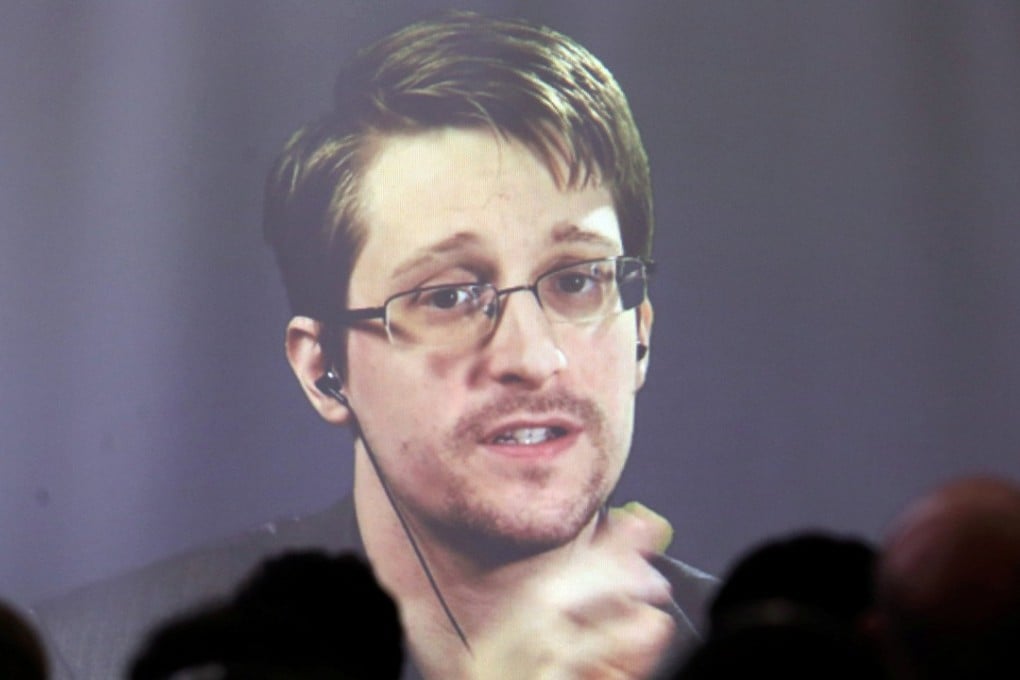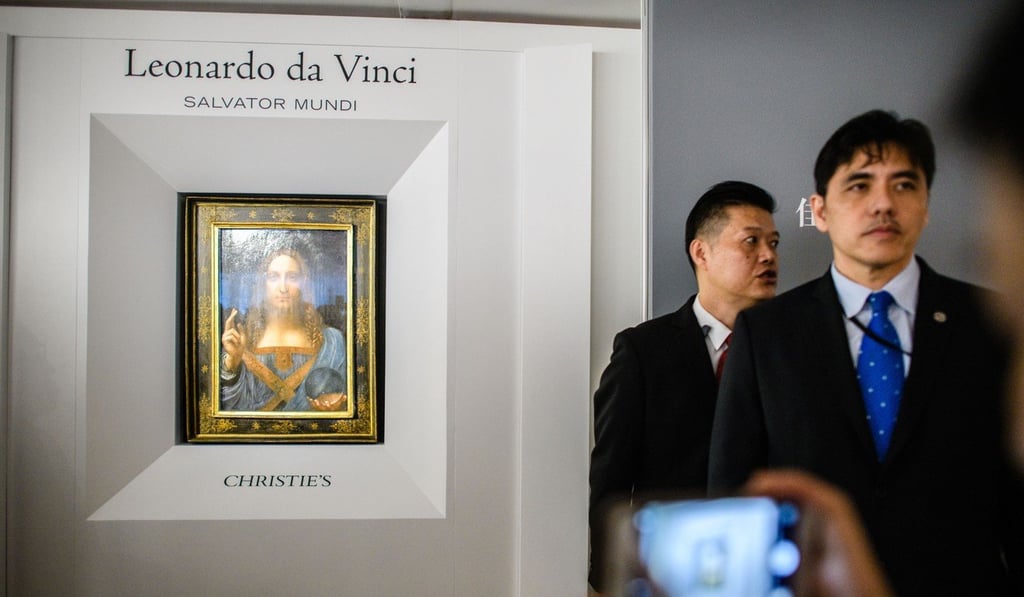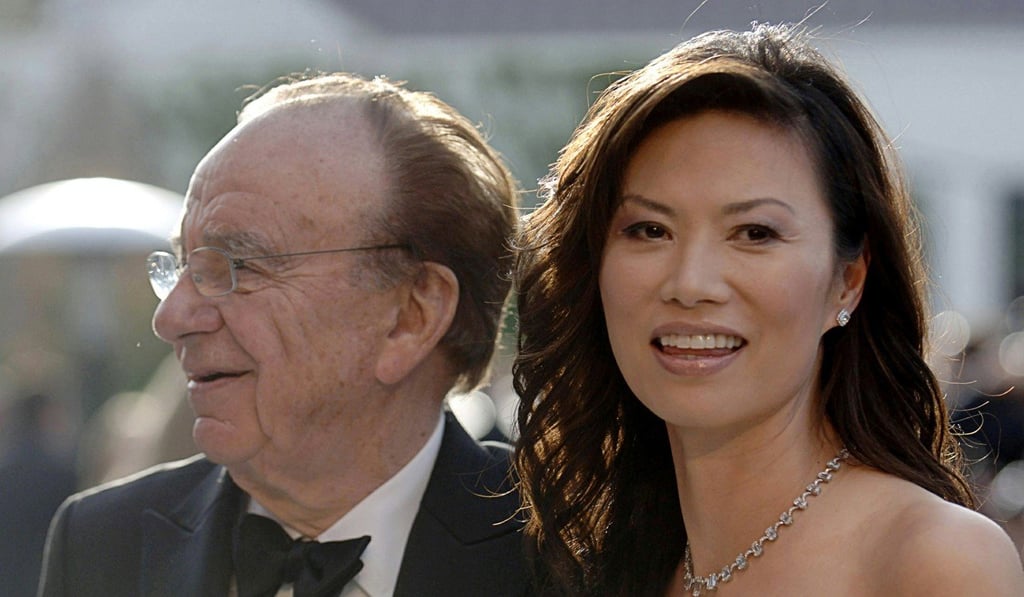Back To The Future | Why China and the US will continue to squander money on spying
Our fixation with espionage tricks us into believing there is excitement in a mundane world. Most spies aren’t worth the cash spent on them – and even when the intelligence is worth having, it’s usually just ignored

Few human endeavours have such a hold on the public imagination as spycraft. The sheer volume of espionage films and television dramas flowing out of Hollywood every year attests to that.
The arrest of Jerry Chun Shing Lee – a former CIA officer accused of selling information to Beijing – understandably aroused wild excitement and speculation. Lee was said to have betrayed the CIA’s methods of communication to the Chinese government. Armed with the knowledge, Beijing allegedly killed or jailed some 20 informants working for the American spy agency in China, severely crippling its operation.

Dear China, I am a white guy and not a spy
The intrigue apparently involves building a US$100 million Chinese garden at the National Arboretum in Washington. According to the Journal, this could become a security risk “because it included a 70ft-tall white tower that could potentially be used for surveillance”. The garden is about 5 miles (8km) from the Capitol and the White House.

